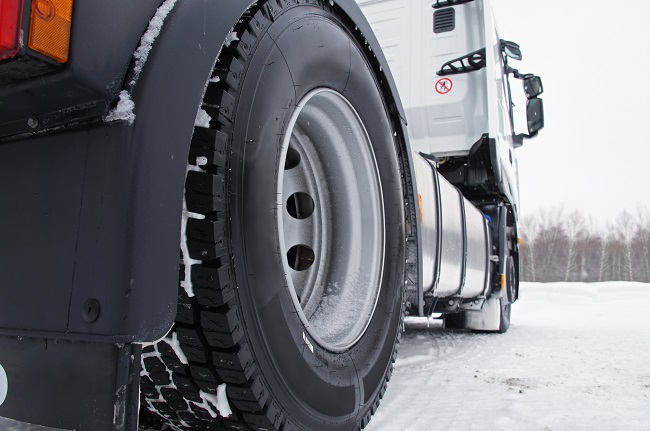Preparing your Commercial or Fleet Motor Vehicles for Winter Driving

Tip 1
Check your antifreeze
Check coolant levels regularly and top up with a mixture of the correct type of antifreeze in your radiator.
Tip 2
Check your battery
If battery is older than 3 years make sure to get it checked as the cold winter weather can affect the working of same.
Tip 3
Inspect your tyres
Check the pressure in each tyre which should have at least 3mm of tread. Check for bulges on the sides of tyres and for signs of puncture, glass, nails or other objects that might be stuck in the rubber.
Tip 4
Check your breaks
Ensure your brakes are checked by a qualified mechanic to ensure they are in good working order.
Tip 5
Check your lights
Make sure to keep your headlights and indicators clean and working and where necessary replace bulbs.
Tip 6
Check your engine oil
When the engine is cold remove the engine oil dip stick, wipe clean and insert. Ensure the level is anywhere between the two markers i.e. maximum and minimum on the dip stick. If below the minimum make sure to top up the oil before driving the vehicle.
Tip 7
Inspect your windscreen and wipers
Inspect your wipers and replace them if worn. Check level of washer fluid and top up if required. Check to ensure your windscreen is free from cracks and chips and thoroughly clean inside and out.
Tip 8
Emergency Kit in the event of a breakdown etc.
Ensure there is an emergency kit in your vehicle at all times. This kit should include high visibility vest, flash lamp, de-icer, ice scraper, water and a first aid kit.
Remember, having comprehensive insurance in place under your motor fleet/commercial motor insurance policy is essential as this will ensure you are covered for any costs or losses which might result from a motor accident





